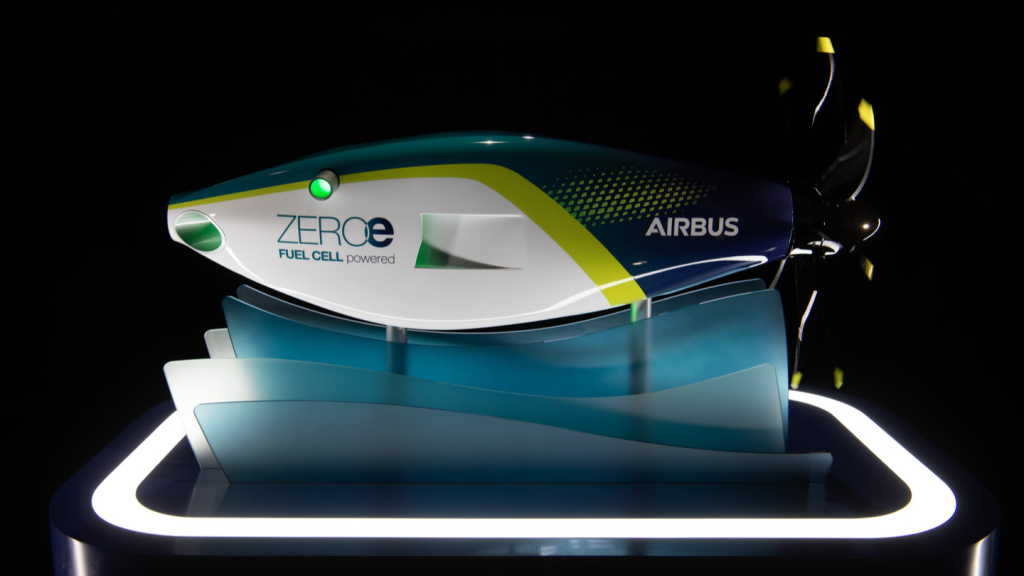Airbus, Shell and GKN Aerospace have been named some of the leading players in the hydrogen aircraft sector in a new report by GlobalData’s thematic intelligence team.
The report highlighted the hydrogen propulsion sector as one of the key areas of the aviation industry and spotlighted a number of companies for their leading or disrupting role in the sector, either in developing aircraft, power and propulsion, or fuel technology.
However, GlobalData’s team acknowledged the complications that have come from trying to develop the technology, saying: “The development of these aircraft faces major challenges in terms of technology as well as infrastructure: advancements need to be made to facilitate the use of hydrogen in commercial aircraft and to improve its viability in terms of long distances.
“There also needs to be significant investment in infrastructure to enable hydrogen to be produced and transported in sufficient quantities.”
Alongside Shell, the report also spotlighted other companies working to expand the hydrogen infrastructure in the industry, such as Protium, which has developed technology to sustain the infrastructure in the UK and partnered with other sector leaders such as ZeroAvia.
The British-American ZeroAvia was another of the companies frequently mentioned in the report for its work conducting the first hydrogen fuel cell-powered flight of a commercial aircraft in 2020 and partnerships it has formed, such as working with Masdar and Absolut Hydrogen.
Discussing the need to work on expanding the supply chain for hydrogen to ensure it could be a viable option for the aviation industry, the Thematic Intelligence team said: “Supply chain issues will emerge in the initial years of a transition to hydrogen use.
“This fuel will require more refuelling trucks than kerosene as it takes up more physical space. Once on site, the refuelling process will take place in a similar way to kerosene, but the infrastructure will need to be put in place to get it to airports in the first place or produce it on site.”
However, data from the report also found that the number of patents filed related to hydrogen technology in aerospace likely peaked in 2021, with a decrease in total publications in 2022 and projected for 2023.









